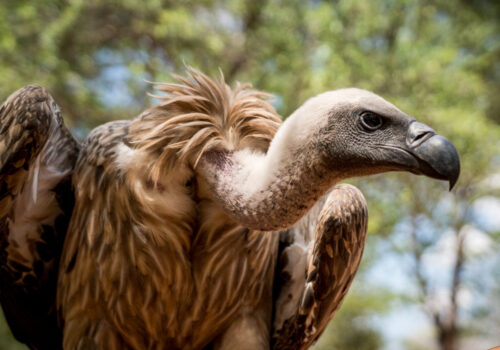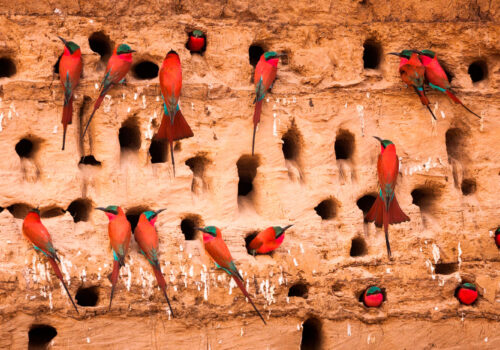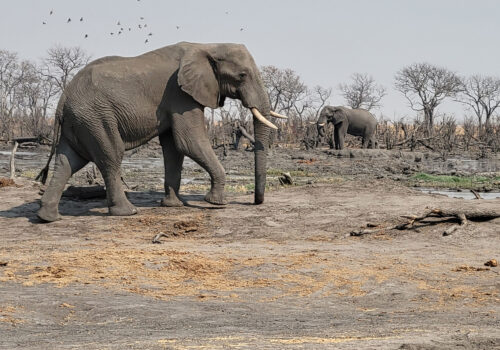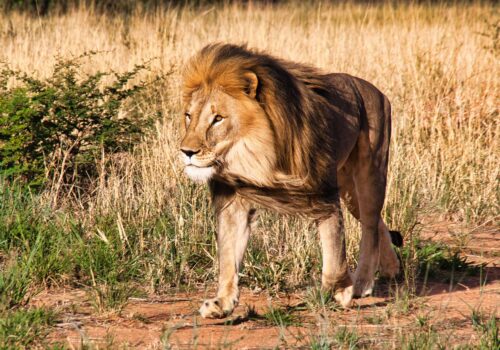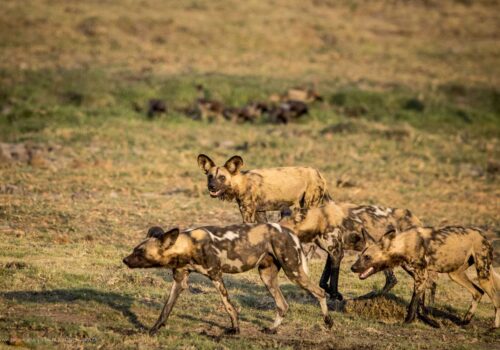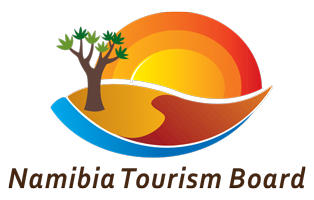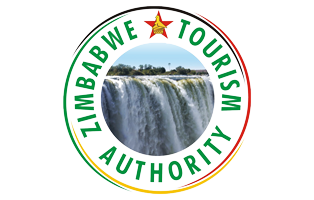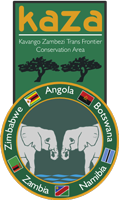The Kavango Zambezi region is a natural wonderland, boasting an extraordinary variety of landscapes, ecosystems, and biodiversity. From lush wetlands and winding rivers to expansive savannahs and ancient woodlands, the area offers an unparalleled experience for nature enthusiasts. This unique environment is a sanctuary for countless species, making it one of the most important conservation areas in Africa. Visitors can immerse themselves in the beauty and tranquility of untouched wilderness while exploring the intricate connections between the land, its wildlife, and its people.
The Kavango Zambezi region is a haven for wildlife, home to some of the largest and most diverse populations of animals in Africa. Iconic species like elephants, lions, leopards, cheetahs, and buffalo roam freely across vast landscapes, while hippos and crocodiles thrive in the region’s waterways. Rare and endangered species, such as the African wild dog, also call this area home. Safaris and guided tours offer unforgettable encounters with these magnificent creatures, all within a framework of sustainable and ethical tourism.
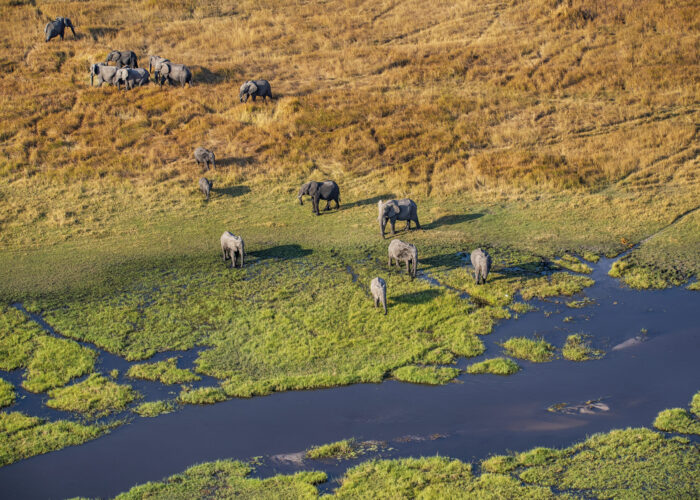
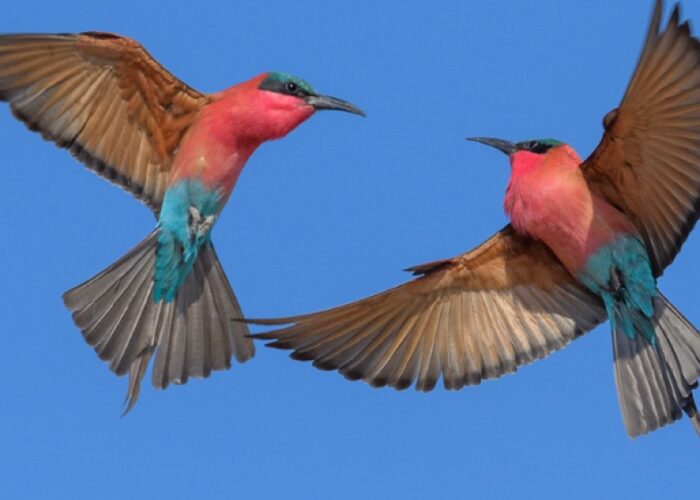
Birds
Birdwatchers will be captivated by the Kavango Zambezi region, which hosts an incredible variety of bird species, from colorful kingfishers and bee-eaters to majestic eagles and storks. The wetlands, floodplains, and riverbanks provide vital habitats for both resident and migratory birds, making this a globally important birding destination. Highlights include spotting rare species like the Pel’s fishing owl and African skimmer or witnessing the spectacular gatherings of waterbirds during the wet season.
Breeding Marvels – Carmine Bee Eaters in Divundu, Namibia
Rivers
The rivers of the Kavango Zambezi are the lifeblood of the region, sustaining its people, wildlife, and ecosystems. The Zambezi, Kwando, Chobe, and Kavango rivers not only provide essential resources but also create breathtaking landscapes of floodplains, deltas, and swamps. Visitors can explore these waterways through tranquil boat cruises, mokoro (traditional canoe) trips, or thrilling fishing expeditions. The rivers are also vital for connecting the area’s wildlife corridors, ensuring the free movement of animals across borders.
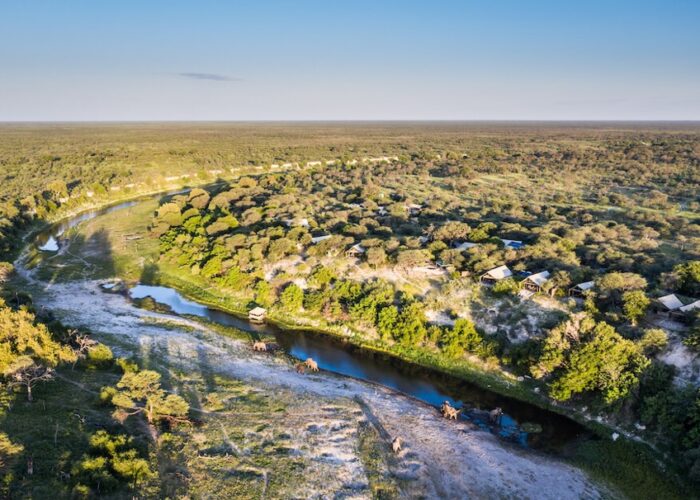

 Angola
Angola  Botswana
Botswana  Namibia
Namibia  Zambia
Zambia  Zimbabwe
Zimbabwe 